If you only count history when it's written down on paper, then you could say that the saga of western Scandinavia started far away, across the gray-blue waters of the North Sea, at the Lindisfarne Priory on Holy Island off the coast of northeast Britain. Biased Anglo-Saxon monks might have written the history, but on June 8, 793 AD, those innocent priors glanced out their windows to find open boatloads of fiery, helmeted savages headed their way. The Vikings spent the next few days slaughtering the godly, enslaving every woman of child-bearing age, and sailing off with every bright, shiny object they could carry.
And that was just the beginning of the Viking Age. Over the next 250-odd years, the ancestral residents of coastal Norway, Denmark, and Sweden would alternately terrorize, trade with, and conquer the European world all the way down the Atlantic coast and into the Mediterranean as far as Constantinople. With their long, shallow-bottomed vessels, rivers were no problem either, as the residents of Paris, Kiev, and central Germany soon found out. By the time the Vikings lost their mojo, their name would translate into several languages as a shorthand for all the evils of pagan piracy.
Fast forward to August 22, 1707, and Sweden is a world-class military power locked in a perpetual squabble with its Scandinavian kin. After decades of Swedes bullying Russians, Poles, Danes, and Norwegians, the entire continent of Europe (other than the French) has had enough. So what does King Charles XII do? 105 years before Napoleon and 234 years before Adolf Hitler repeat the same grievous blunder, he invades central Russia. After two exhausting years of fighting, it takes less than a day at the Battle of Poltava to wipe the Swedish Empire off the map.
180 years onward, in 1888, the Swedish magnate Alfred Nobel is sitting down to breakfast, when he reads his own obituary in a French newspaper (clearly an editor's error). At this point, Alfred is world-famous as the inventor of dynamite and sundry explosives, the manufacturer of massive guns, mines, and shells, and as a partner in Branobel, the Nobel family's oil monopoly on the Caspian Sea.
For many Europeans and at least one obituary writer, Alfred has done everything to earn his nickname, "The Merchant of Death". But oddly enough, the insight profoundly shocks Alfred—so much so, that he immediately defunds his heirs and invests his fortune in the grand public apology we know today as the Nobel Prizes. The most important of these, both in Alfred's mind and in its impact on history, was the Peace Prize. Overnight, the warmonger was transformed into a saint.
And then again, in May 31, 1916, 250 ships of the British Grand Fleet and the German High Seas Fleet collide 60 miles off the coast of Denmark in the Battle of Jutland (Skagerrakschlacht to the Germans). 8,645 sailors and 62,300 tons of hyper-expensive steel sink to the bottom of the North Sea and Skagerrak Straits in the largest—and possibly most futile—surface action in naval history. For the Danes (who naturally remain uninvited to the slugfest), the northwestern skies light up in a loud, manmade aurora borealis never seen since.
And then finally, in the European rematch 23 years later, the Norwegians land in the crosshairs of the Hitler-Churchill chess match and lapse into the kind of undeclared civil war that plagues most of the Nazi conquests. The market-savvy Swedes assert their neutrality and sell iron ore to the highest bidder. The exposed Danes try to sit out this one, but the Germans invade anyway, and it's over in a few hours. But then, with the superb leadership of King Christian X, the Danes become the only Europeans to truly sit out the Holocaust—refusing to co-operate with the Nazis and spiriting all but a few hundred of their Jewish neighbors into neutral Sweden.
So what does all this have to do with travel? After millennia of vicious raids, brutal battles, bloody squabbles, and all the murderous hardware they'd ever need, you might expect to find a particular type of personality in these three countries. Nowadays, it might not be fashionable to generalize about race and culture, but countries and regions do sport unique and specific personalities born out of their shared experiences. Discovering such traits, quirks, and foibles—getting to the very essence of a society—is what makes travel so fascinating. But if you venture to Scandinavia in search of warlike or warmongering, good luck.
In the 21st century, the Scandinavians live at the top on every happiness, safety, and satisfaction index on the planet. Walt Disney recognized this in 1951, when he brought the grinning Art Linkletter to the Tivoli Gardens of Copenhagen in search of pointers for his own Happiest Place on Earth. There are a hundred explanations for all the good humor—honest government, minimal interference, income equality, low crime, great welfare benefits, universal health care and education, mutual social trust—but none of them has anything to do with kicking down the neighbors' doors and running off with their women.
It's not as if the Scandinavians spend their days grinning and giggling with joi de vivre. We found people to be correct more than friendly—informative and well-spoken, generous with their time and advice, modest in their dress, and mild in their manners—but not particularly interested in catering to the scatterbrained whims of foreigners. They might trawl around town in their modest fleets of bicycles, but these people know all about their impact on history and might even relish it. In many ways, change the shop and road signs, prune back the Volvos and Saabs, and we could have been touring those thoroughly Scandinavian colonies of (northern) Wisconsin and Minnesota.
Our last trip to these parts started off in Belgium as a drive to anywhere and, by pure chance, took us to the Skagerrak Straits and the Kattegat Sea, the enormous body of water between the Baltic and North Seas that both unites and divides the western Nordic kingdoms. We try to incorporate at least one ferry into every adventure, and this time went overboard (so to speak), crossing the Elbe and the Fehmarn Belt to Denmark, the overnight cruise up the Kattegat from Copenhagen to Oslo, several fjord-jumpers down the jagged Swedish coast, and the afternoon boat from Göteborg back to the Jutland peninsula.
But it was halfway up the Kattegat, with flat, featureless Jutland on our left, that we realized just how perfect the weather had been, how hushed the vast blue waters, how clear and clean the intense indigo atmosphere. After years of commuting across the North Sea, we had direct personal experience of the noisy, vicious storms and cyclones that could churn these angry seas and appall the stomachs of the most hardy voyagers. We'd seen bitterly cold days when the sun rose and set within an hour of lunch. Admittedly, those experiences hadn't turned us into marauding Vikings, but they hadn't exactly left us happy either. Nevertheless, on this trip and in the perfection of that ageless maritime paradise, we could pretend that we were, in fact, two of the most satisfied souls on the planet. And that alone was worth the price of admission.





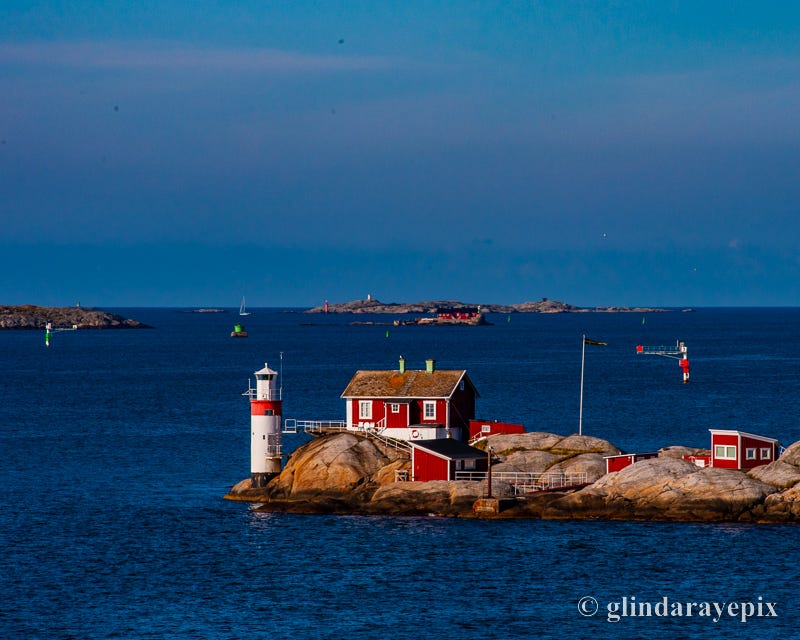
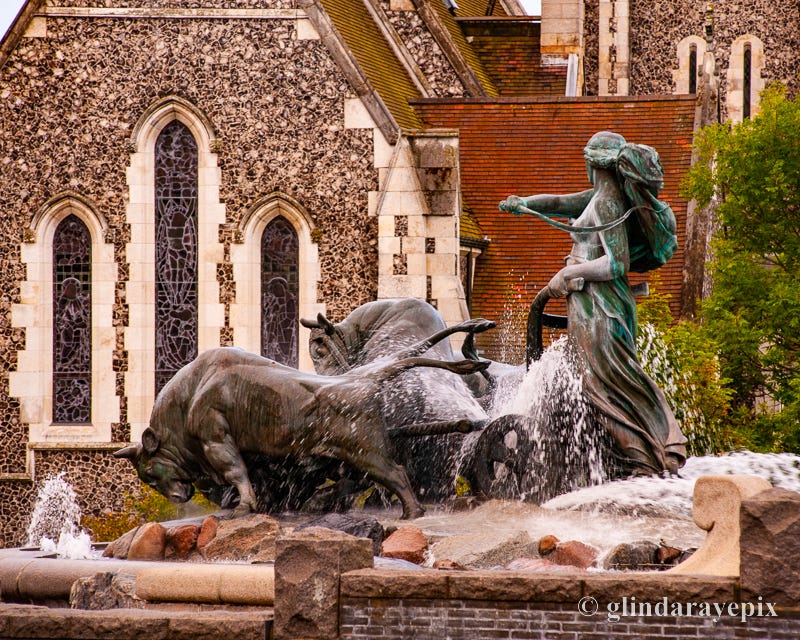
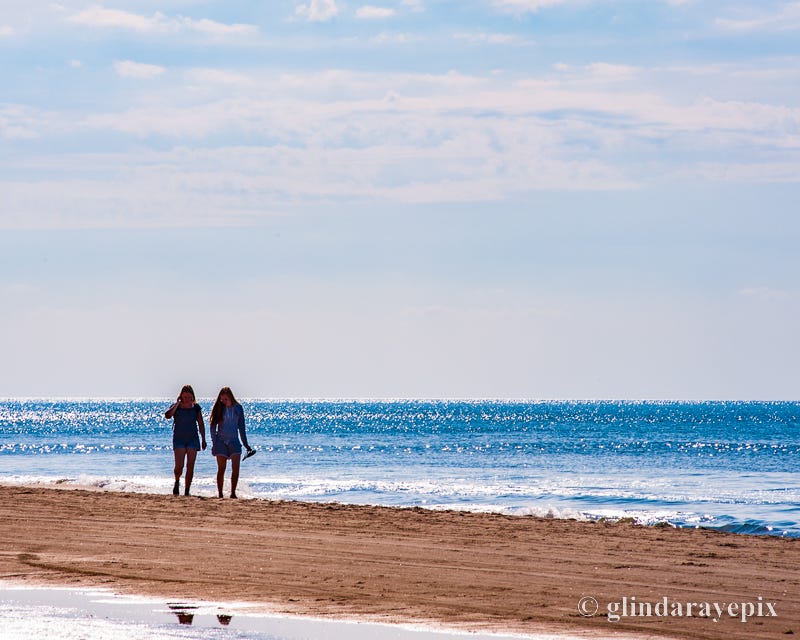
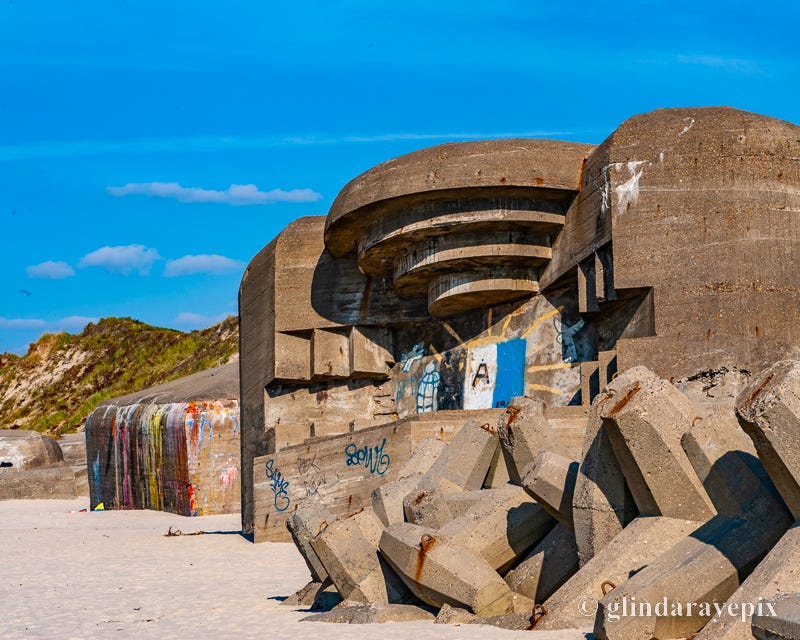
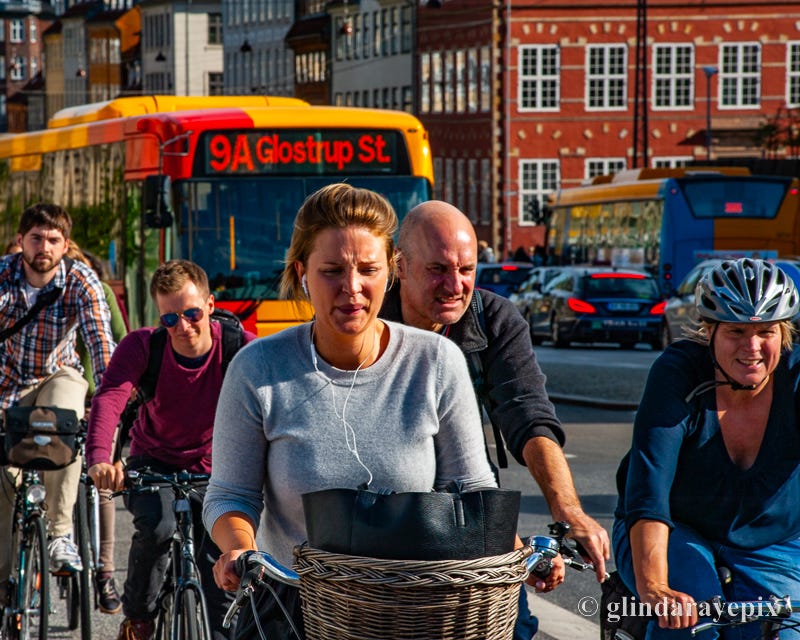
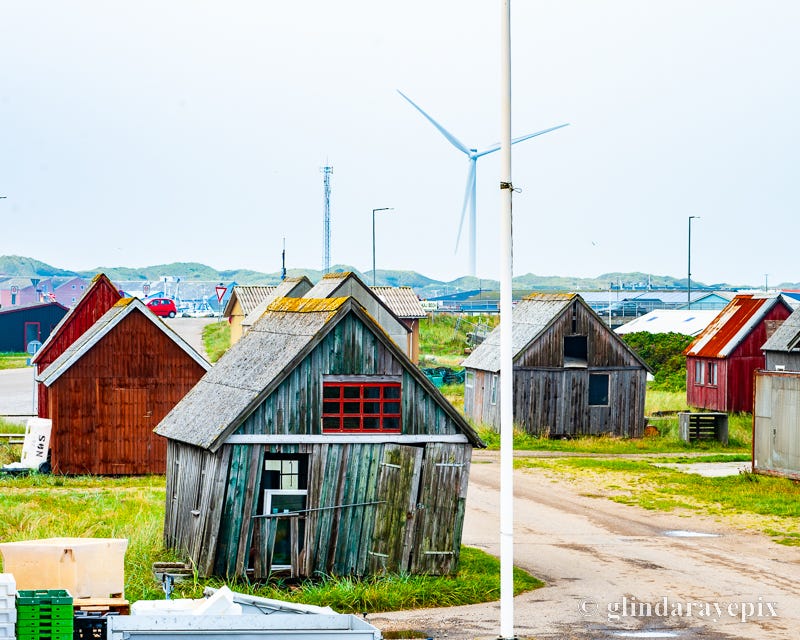
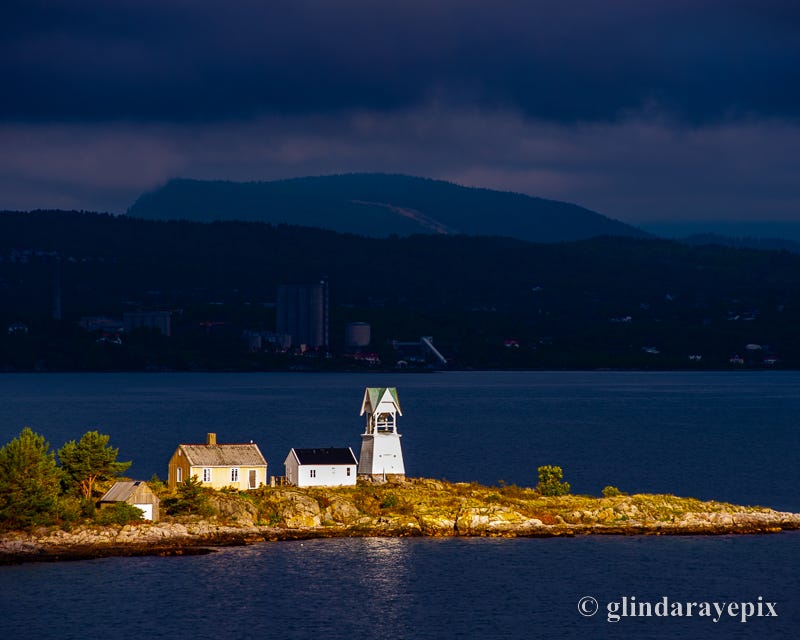
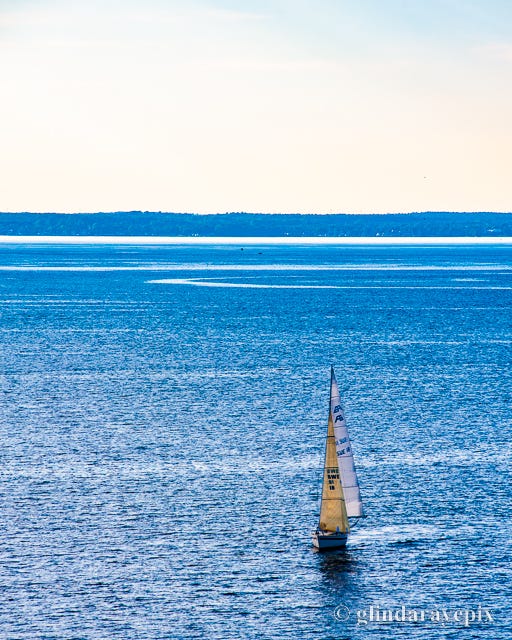
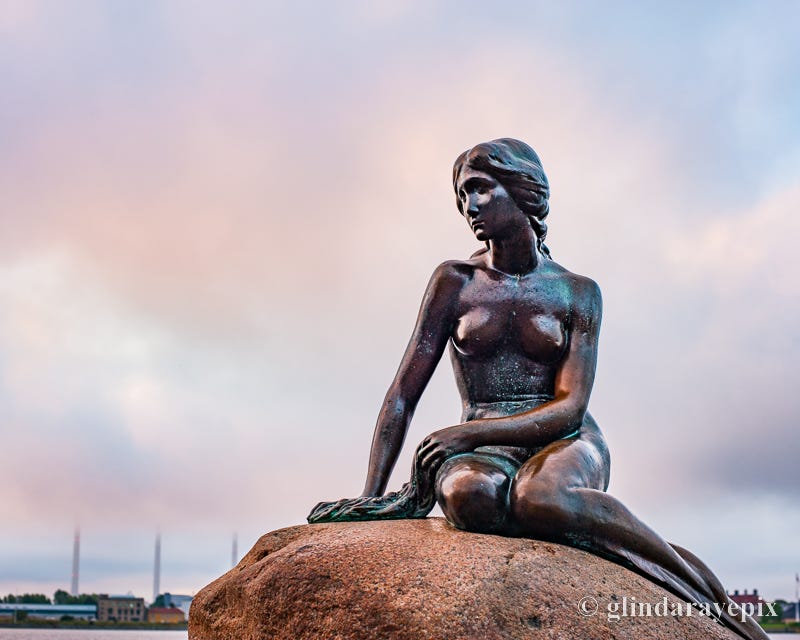
I love this piece. The writing and photography are so evocative. If anyone is considering travel to Scandinavia, they should read this. In fact, if anyone is considering world travel, they should subscribe to your Substack and read every piece. Thank you so much. I've promoted and linked to it here. https://jimbuie.substack.com/s/global-citizens. Or directly here: https://jimbuie.substack.com/p/3-remarkable-events-in-scandinavian